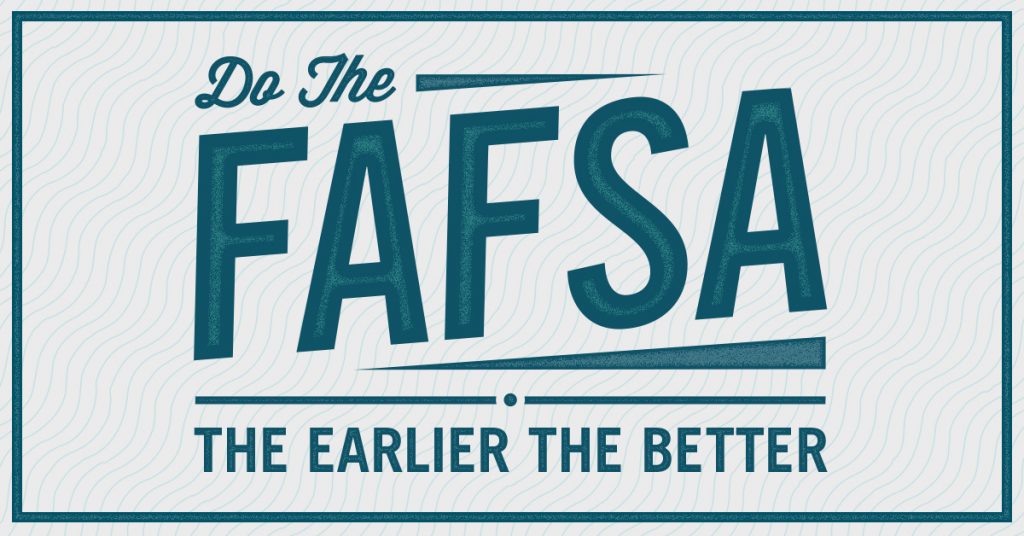Understanding the Recalculation Date and Its Impact on Your Financial Aid
The Recalculation Date, also known as the census date or freeze date, is a critical point in the semester for students receiving financial aid, specifically Federal Pell Grants and Cal Grants. On this date, the Financial Aid Office evaluates your eligibility based on your current enrollment status, which can have significant implications for your financial aid awards.
- Fall 2024: September 3, 2024, at 12:00 pm
- Spring 2025: February 3, 2025, at 12:00 pm
Key Points to Remember
- Evaluation of Enrollment Status: The Financial Aid Office will check your enrollment status on the Recalculation Date. If your actual enrollment status does not match the status used to calculate your Pell Grant or Cal Grant, your award will be adjusted accordingly.
- Possible Adjustments to Awards: The award amounts displayed in your MyVcccd portal are not final until after the Recalculation Date. Any changes in your enrollment, such as dropping or adding classes, can result in an increase or decrease in your financial aid.
- Financial Responsibility: If you have dropped units since the start of the semester, you may have to return a portion of the grant money received. This is because your grant was initially calculated based on a higher enrollment status.
- Consequences of Overpayment: Failing to repay any overpayment of financial aid can have serious consequences. It can jeopardize your eligibility for future financial aid, making it crucial to monitor your enrollment status and ensure it aligns with the financial aid you have been awarded.
Finality of Financial Aid Awards After the Recalculation Date
It's crucial to be aware that no revisions will be made to your financial aid awards after the Recalculation Date. This means your financial aid will be locked in and will not change, regardless of any future adjustments to your enrollment status. Your financial aid award will increase or decrease based on your enrollment status as of the following dates:
- Fall 2024: September 3, 2024, at 12:00 pm
- Spring 2025: February 3, 2025, at 12:00 pm
What This Means for You
- Finalized Awards: After these dates, your financial aid awards are final. Any changes in your enrollment status—such as adding or dropping classes after these dates—will not result in an adjustment to your financial aid.
- No Additional Grants for Late Enrollment: Any classes you add after the Recalculation Date will not be counted towards your Federal and State grant eligibility, even if those classes start later in the semester. This means that your grant amounts will be based solely on the number of units you're enrolled in as of the Recalculation Date.
- Plan Accordingly: Ensure that your enrollment status accurately reflects your academic plans by these deadlines. If you anticipate needing to adjust your schedule, it's critical to do so before the Recalculation Date to ensure your financial aid reflects your true enrollment.
Recommendations for Students
- Regularly Check Your Enrollment Status: Stay informed about your current enrollment and how it impacts your financial aid.
- Avoid Late Additions: Try to finalize your course schedule before the Recalculation Date to ensure that all your classes count towards your financial aid eligibility.
- Be Cautious with Dropping or Withdrawing: Before dropping or withdrawing from any classes, consult with the Financial Aid Office to understand how it will affect your financial aid and whether you might have to repay any funds.
- Maintain Required Enrollment Levels: Ensure you stay enrolled in enough credits, especially if you are relying on loans or state grants that require a minimum number of credits.
- Understand the Recalculation Date: Mark this date on your calendar and make sure your enrollment status is accurate before it arrives.
- Consult with the Financial Aid Office: If you're unsure how changes in your enrollment might affect your financial aid, contact the Financial Aid Office for guidance.
By understanding the significance of the Recalculation Date, you can avoid unexpected financial obligations and ensure that your financial aid accurately reflects your academic enrollment.












